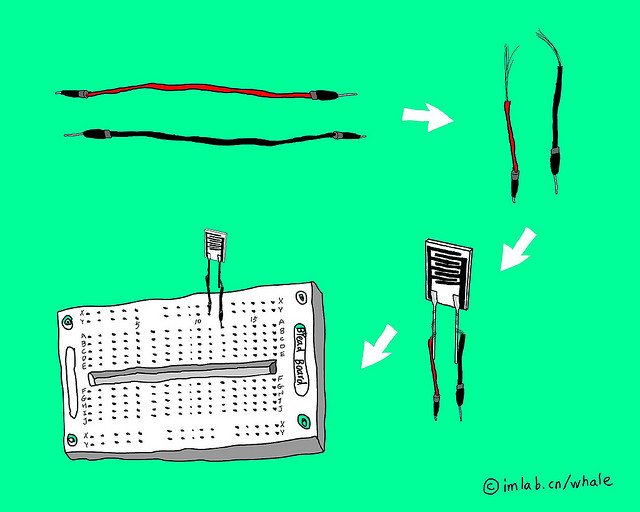Anyone who is a family caregiver knows how stressful it can be. Is your loved one eating, using the toilet, taking her medications and sleeping well at night are just some of your worries. For caregivers, sensors can offer peace of mind. They also may save you the expense of paid caregivers.
Ideally, caregivers can spend significant time with their loved ones. But, many caregivers are juggling caregiving responsibilities with work responsibilities and kid responsibilities. It’s a struggle to know whether the people they love are taking care of themselves. With sensors, you have timely answers to important aspects of their lives, even when you can’t call or visit.
With motion sensors, you can know how long your mom is sleeping at night, whether she locked the front door and how frequently she is getting food from the fridge or using the restroom. You can know when her daily activities change significantly. Sensors placed in the home can track her activities for you, so you can ensure she is safe. And, she can feel secure that you will know if something goes awry.
You can check on the people you care for remotely, via computer or smartphone. A sensor on a pillow will reveal the number of hours a person slept. A sensor on the fridge indicates how many times a person opened it. A sensor on the toilet flush keeps track of the number of times a person uses the bathroom. You can even track medication use.
A body sensor will allow you to know if your loved one falls. And some sensors can help predict whether a person is prone to fall based on the size of the steps they are taking or the speed at which they walk, among other methods. This can be life-saving information since falls are a frequent cause of hospitalization, disability and even death in older adults.
Sensors can also help older adults remain independent, by doing basic activities at their request, such as turning on the lights or turning on the air conditioner. Amazon’s Alexa will make a phone call for you or remind you to take your medications or play Man of La Mancha.
Of course the sensors present both benefits and risks. On the benefits side, home sensors can help older people age in place and avoid moving into a nursing home. They also can ease the stress of caregivers who may not be able to visit them or call them as much as they’d like. But, they do impinge on people’s privacy, and they could very well mean that the companies selling these devices are also selling the personal information they are collecting.
Here’s more from Just Care:











When your “:loved” one needs 24 hour care, you need her or him in an assisted living facility where there is 24 hour supervision. I’m living this nightmare right now, and spent six months last year fighting with my husband and his younger brother to get 24 hour care for my mother-in-law. It doesn’t matter if your relative wants “time alone,” if he or she has very limited understanding about what is going on, and when he or she should not be walking alone without a walker ever, sensors are not the answer. You need someone there all the time. It only takes a step alone for a very old person who wants “to die at home” to fall and break the very fragile skin and lie bleeding on the floor for an hour or two until someone gets there. And this happened not once, but twice. If you’re that concerned about your parent(s) that you want sensors, they should not be alone, ever. And you should be making that decision, not them, because they’re not competent. It’s nice to let them do what they want to do, but not when they’re endangering themselves and possibly others.